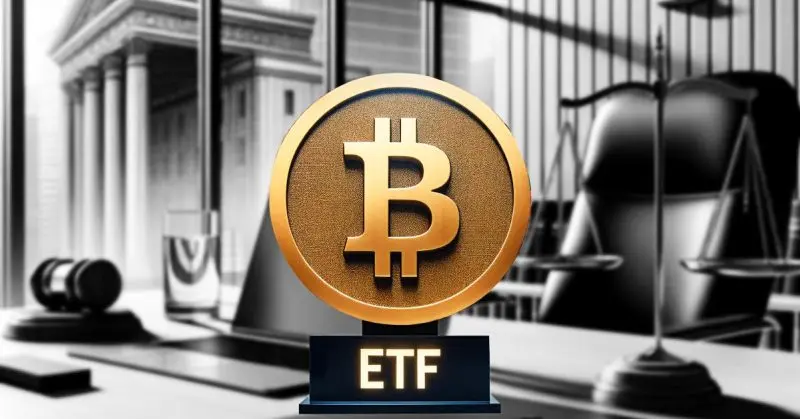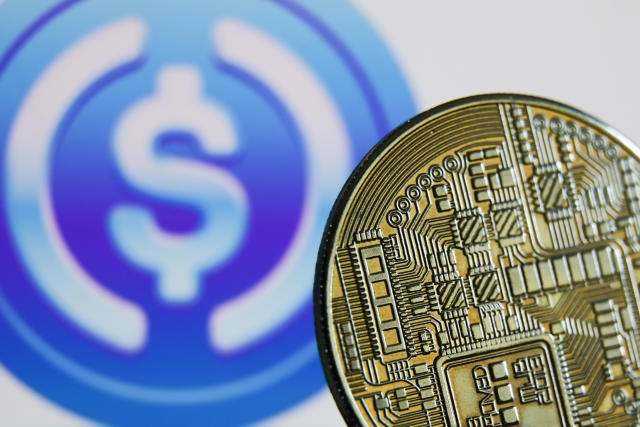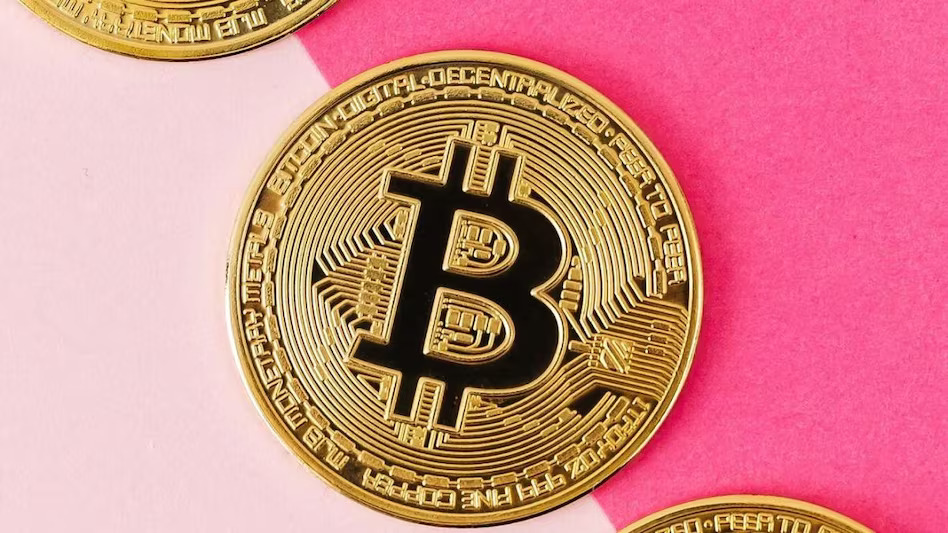In South Korea, the recent regulatory requirement mandates that cryptocurrency exchanges must securely store 80% of their assets in cold storage to bolster security protocols and shield investors’ funds from potential cyber threats. Cold storage methods, such as hardware wallets and paper wallets, are offline storage solutions that are deemed more secure compared to hot wallets, which are online and connected to the internet. By imposing this rule, regulators are actively taking preventive measures to fortify the cryptocurrency landscape within the country. This strategic decision is anticipated to foster increased trust among investors and fortify the overall robustness of the cryptocurrency market in South Korea.
Cold storage, in the context of cryptocurrencies, involves storing private keys offline in a secure manner. Hardware wallets, for instance, are physical devices that store these keys and are disconnected from the internet when not in use. On the other hand, paper wallets entail printing out the keys and keeping them in a safe location. These methods drastically reduce the risk of unauthorized access and hacking, thus significantly enhancing the security posture of the stored assets.
The rationale behind this regulatory move is to mitigate the vulnerabilities associated with hot wallets, which are susceptible to hacking and cyber intrusions. By enforcing the allocation of a substantial portion of assets to be held in cold storage, regulatory bodies are proactively addressing the potential risks that could compromise the integrity of the cryptocurrency ecosystem in South Korea. This initiative is poised to not only safeguard investors’ interests but also bolster the resilience and credibility of the digital asset market in the region.
In essence, the implementation of this regulation underscores a proactive approach towards enhancing security measures and fostering a conducive environment for cryptocurrency transactions in South Korea. It signifies a pivotal step towards ensuring the long-term sustainability and trustworthiness of the cryptocurrency sector, thereby paving the way for continued growth and innovation in the market.











